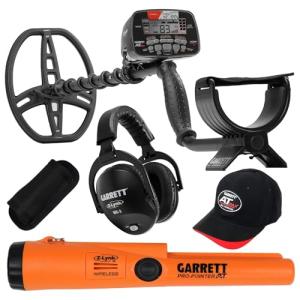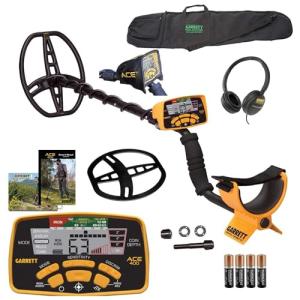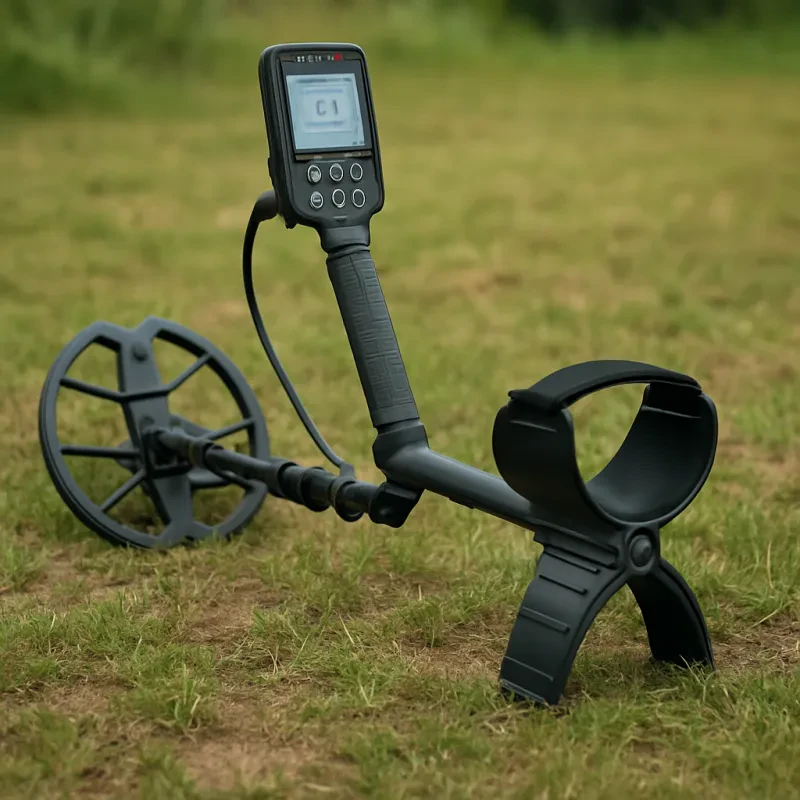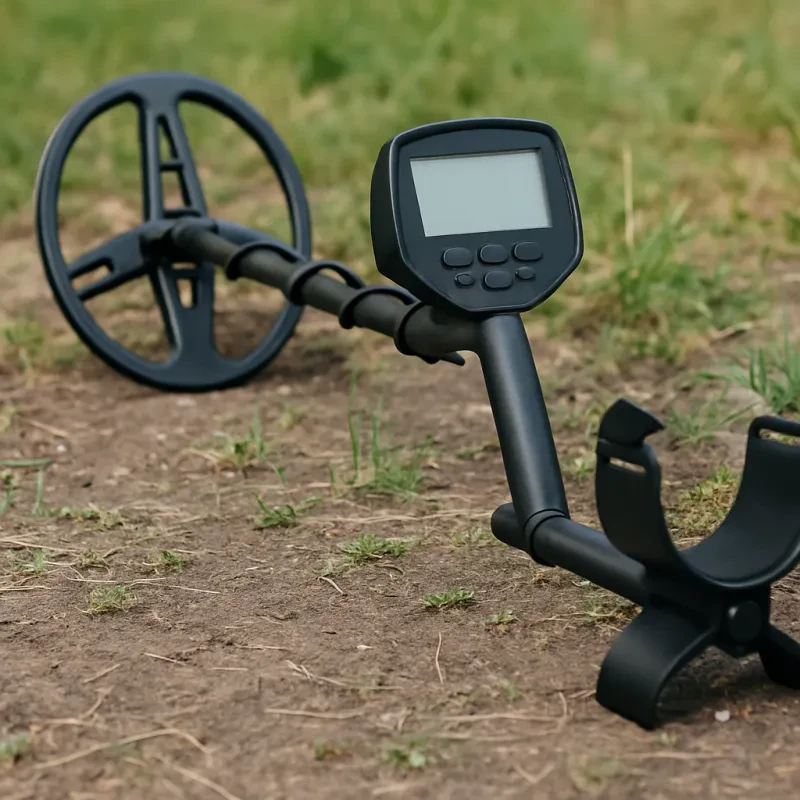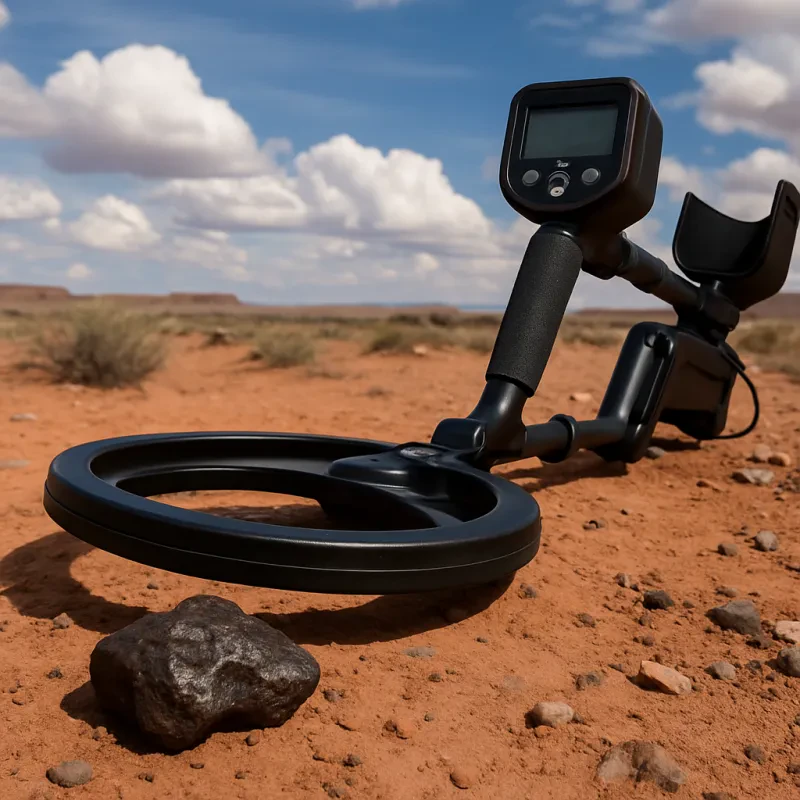Have you ever thought about picking up a metal detector and exploring the great outdoors? Metal detecting can be a fun and rewarding hobby, especially when you're on the hunt for those hidden treasures. If you're keen on diving into hot rock metal detecting, it's important to understand the basics first.
Metal detecting is all about using a device that helps you locate metallic objects buried beneath the surface. Whether it's coins, jewelry, or relics from the past, a good metal detector makes the hunt exciting. When you’re hot rock metal detecting, you’ll often come across rocks that can interfere with your hunt. These hot rocks can sometimes trick your detector, so knowing how to differentiate them from actual treasures is key!
Before you start, there are a few essentials you’ll need:
Getting familiar with your detector’s settings is a good next step. Different settings can help filter out unwanted signals from hot rocks so you can focus on what you really want to find. With a little practice, you’ll be able to tell the difference between a hot rock and a real treasure much easier!
Essential Gear for Hot Rock Hunting
When it comes to hot rock metal detecting, having the right gear is essential for a fruitful day out in the field. You want to make sure you're well-prepared and equipped to handle anything that comes your way. Here are the must-have items that can help you on your treasure-hunting adventures.
Metal Detector: Obviously, a solid metal detector is key. Look for models that are specifically designed for hot rock metal detecting. They should have features like adjustable sensitivity and discrimination settings to help you differentiate between valuable finds and pesky hot rocks. Brands like Minelab and Garrett have some great options you might want to check out.
Headphones: Don't underestimate the importance of good headphones. A pair that blocks out background noise can help you hear those faint signals more clearly. Plus, many detectors come with a headphone jack, letting you concentrate better on the sounds that matter.
Digging Tools: Being able to retrieve your finds easily is crucial. Invest in a sturdy shovel and a trowel for detailed digging. Also, a small hand-held pinpointer can come in super handy for locating treasure once you’ve dug a hole.
Find Pouch: Don’t forget to carry a find pouch or bag. It’s the best way to keep all your finds organized and safe as you move from spot to spot. Look for one with pockets to keep your tools separate from your treasures, and you'll be all set!
Tips for Finding Hidden Treasures
If you’re diving into hot rock metal detecting, you’re in for a thrilling adventure! But finding those hidden treasures isn’t just about swinging your detector; it’s about knowing where to look and how to spot those elusive signals. Here are some helpful tips to guide you along the way.
First up, do your homework. Research local history and maps to find spots where people used to gather, like old picnic areas, parks, or fairgrounds. These locations often yield coins, jewelry, and other interesting finds. Visiting online forums or local metal detecting clubs can also provide you with insider tips about hot spots in your area.
Next, consider the timing of your hunt. Early mornings or late afternoons can be great, especially if you’re searching in busy areas. Fewer people around means you can take your time and concentrate on those faint signals. Plus, the softer light can make it easier to spot treasures just below the surface.
Don’t forget about technology! Make sure your metal detector is set up correctly for hot rock metal detecting. Some detectors have specific settings to filter out pesky hot rocks, allowing you to focus on real treasures. It’s a good idea to practice in your backyard or a friend’s property before hitting more challenging spots.
Lastly, always be patient and stay positive. Treasure hunting is all about the thrill of discovery! Even if you don’t strike gold immediately, every outing brings new learning experiences and excitement. So gear up, enjoy the journey, and happy hunting!
Troubleshooting Hot Rock Challenges
When you're out there hot rock metal detecting, you might run into a few challenges, especially with pesky hot rocks. These natural minerals can interfere with your metal detector's ability to find real treasures. But don’t stress! There are simple ways to troubleshoot these issues.
First, try adjusting your sensitivity settings. If your metal detector is too sensitive, it may pick up the signals from hot rocks instead of actual metals. Lowering the sensitivity might help you filter out those annoying distractions. You want to find the sweet spot that allows you to focus on treasure without being overwhelmed by false signals.
Another technique is to use your discriminator effectively. Most metal detectors come with a discrimination feature that lets you filter out unwanted signals. Familiarize yourself with how this feature works; it can help you tune out hot rocks and focus on the metals you're really after. A little bit of practice goes a long way here!
Lastly, understanding your surroundings can make a big difference when hot rock metal detecting. If you're in an area known for hot rocks, like certain mineral-rich sites, it can be helpful to research or ask locals about the best techniques in those specific locations. Sometimes, just knowing what to expect can save you a lot of time and effort.
